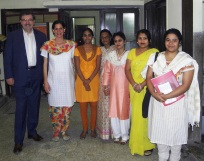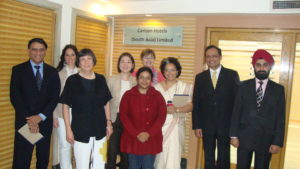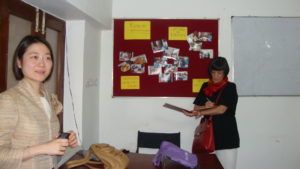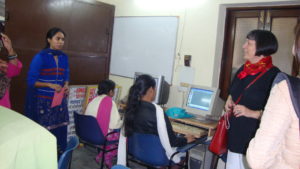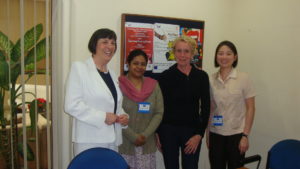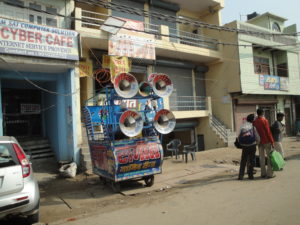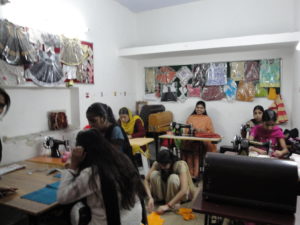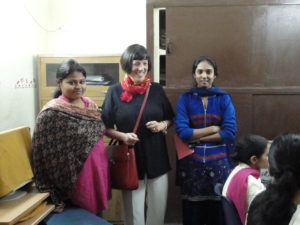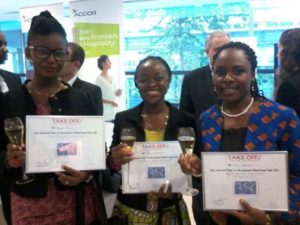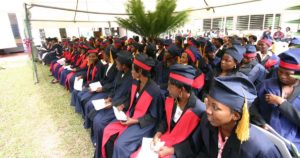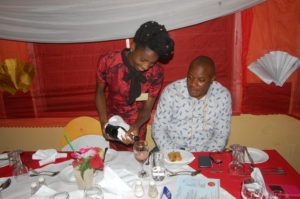Kamalini Vocational Training Centre
The Kamalini Vocational Training Centre, an initiative from Protsahan Charitable Trust, is an institute dedicated to preparing young women to support themselves and better manage their own homes in a secure and well-located area in New Delhi, India.
Home Renaissance Foundation has been working with Protsahan Charitable Trust on this project since 2009 to promote quality-focussed and service orientated vocational training. A recent visit by HRF’s Executive Director, Mercedes Jaureguibeitia and Projects Associate, Charlene Ching saw the progress this initiative has made since the collaboration, including the development of the existing centre as well as the plot where a new training centre will be built. This new training centre will also include a hospitality training centre.
The campus is envisaged to be a model project in human ecology where recycling and harvesting solar energy and saving water will be encouraged to maximise the use of natural light and minimise energy requirements.
The Centre has grown consistently and now runs two vocational training centres in urban villages of Delhi while main compound offers courses with two main objectives:
- To supplement basic education through Open School, Tuitions, English language.
- To impart training in skills to facilitate employment and improve the quality of life at home
Kamalini also provides vocational training courses in cutting and tailoring, basic computers and nutrition, cooking and housekeeping.
While paid staff members provide the core education for the students, Kamalini also accepts volunteers to provide personal encouragement and coaching to the students and teaching short courses. Volunteers are offered periodic leadership workshops, and student volunteers are able to fulfil their National Social Service community service hours at the project.
For further information on the Kamalini Vocational Training Centre or to donate or volunteer, you can visit their website
